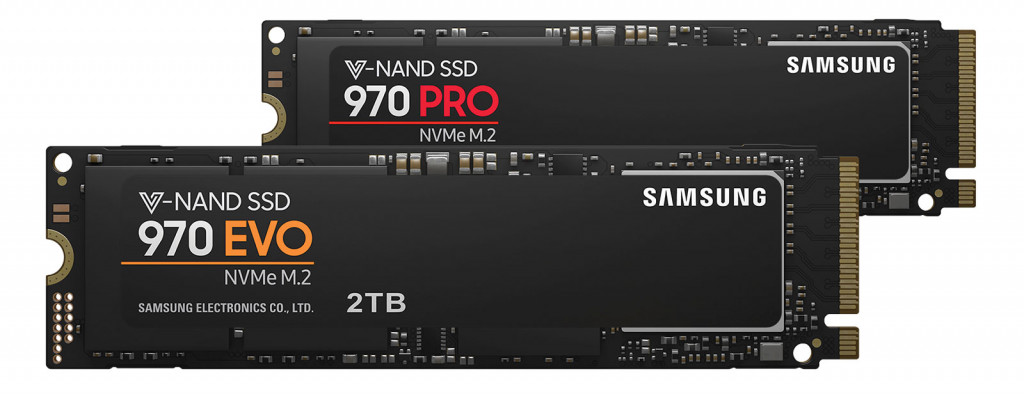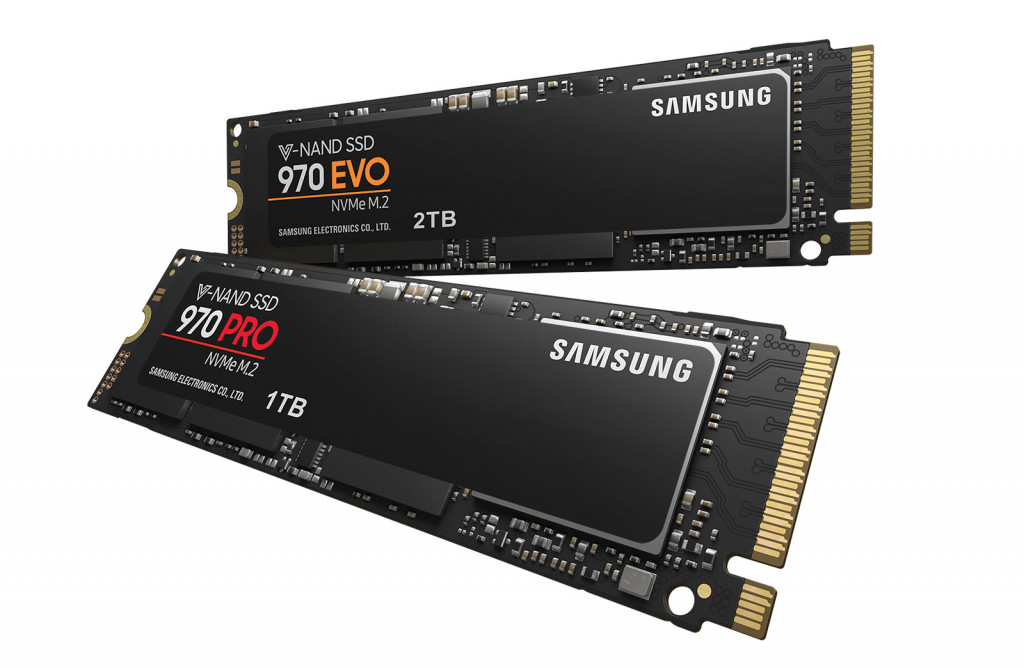Your computer’s hard drive is fast, but it can always be faster. What if loading files happened in an instant, compared to something a little slower? That might well be possible with Samsung’s latest tech.
Technology is getting smaller and faster, and nowhere is that more true but in the computing world.
Do you remember when your laptop was a thick, meaty machine that hurt your back to carry? My how times have changed.
It’s not just on the outside, either. On the inside, your computer has changed. Parts are smaller and more capable across the board, with the processing technology fit to a different size. Memory, CPU, graphics, it’s all changed, and your hard drive is the same.
Computer storage has changed dramatically in the past few years, and while we used to rely on big hard drives, our storage mechanisms are now much smaller, appearing like sticks of memory.
That technology is also getting a little faster this year, as Samsung ups the speed and drives it to new points. A decade ago, you might expect a hard drive to top out at 100-200MB per second, but these days, it’s much, much more.
Samsung’s latest has been announced this week as the 970 Pro and the 970 Evo, the former of which supports writes speeds of up to 2700 megabytes per second, while the latter hits speeds of up to 2500 megabytes per second. That’s a staggering speed across both, with the Evo able use a massive buffer to help speed up writing.
“Samsung continues to innovate in the internal storage solutions industry and we are proud to offer more accessible internal SSD options,” said Samsung Australia’s Claudio Cardile.
“The 970 EVO, includes our TurboWrite Technology which enables fast write speeds, without compromising on quality or performance,” he said.
Computer builders will need a fairly recent computer to make this work, with Samsung’s 970 drives only working on boards supporting PCI-express M.2 slots.
The physical solid-state 2.5 inch drives won’t be released in this range, though, with the 2.5 inch 860 Pro and 860 Evo released in that form-factor earlier in the year. The drive speeds aren’t quite the same — the technology isn’t the same either — but they’re still designed to be fast, supporting in excess of 500 megabytes per second.
The prices are also quite different, with the 860 Pro and 860 Evo priced from $209 and $149 respectively, while its speedier sibling in the 970 Pro and 970 Evo start from $479 and $175.








